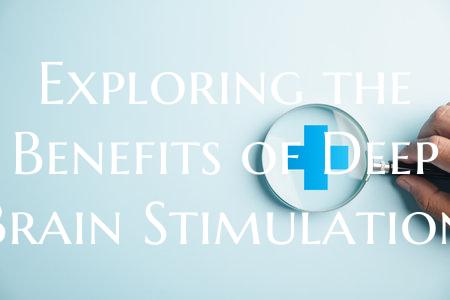
Exploring the Benefits of Deep Brain Stimulation
Deep brain stimulation (DBS) is a innovative medical treatment that involves the surgical implantation of a device that sends electrical impulses to specific parts of the brain. This procedure is primarily used to help manage symptoms of various movement disorders such as Parkinson's disease, essential tremor, and dystonia, as well as certain psychiatric conditions like obsessive-compulsive disorder and treatment-resistant depression. The benefits of deep brain stimulation are vast and transformative, offering new hope to patients who have not found relief from traditional treatments.
One of the key benefits of deep brain stimulation is its ability to provide significant symptom relief and improve quality of life for patients who have not responded well to medication or other therapies. For individuals with Parkinson's disease, for example, DBS can help alleviate motor symptoms such as tremors, stiffness, and slowness of movement, allowing them to regain more control over their movements and experience greater independence in daily activities.
Furthermore, deep brain stimulation is a reversible procedure, which means that the effects of the treatment can be adjusted or reversed if necessary. The device can be programmed by a healthcare provider to deliver the appropriate amount of stimulation needed to effectively manage symptoms, providing a personalized approach to treatment.
Another important benefit of deep brain stimulation is its long-lasting effects. Many patients experience sustained improvement in their symptoms over time, reducing the need for frequent medication adjustments or interventions. This can lead to a more stable and consistent management of symptoms, enabling patients to better engage in activities they enjoy and maintain a higher level of functioning.
In addition to symptom management, deep brain stimulation has also been associated with improvements in mood, cognition, and overall quality of life for some patients. Research has shown that DBS can positively impact areas of the brain involved in mood regulation and emotional processing, leading to a reduction in symptoms of depression and anxiety in certain individuals.
Overall, deep brain stimulation offers a promising treatment option for individuals with movement disorders and psychiatric conditions who have not responded well to other therapies. By providing targeted and adjustable stimulation to specific areas of the brain, DBS can help alleviate symptoms, improve quality of life, and offer new possibilities for those living with these challenging conditions.